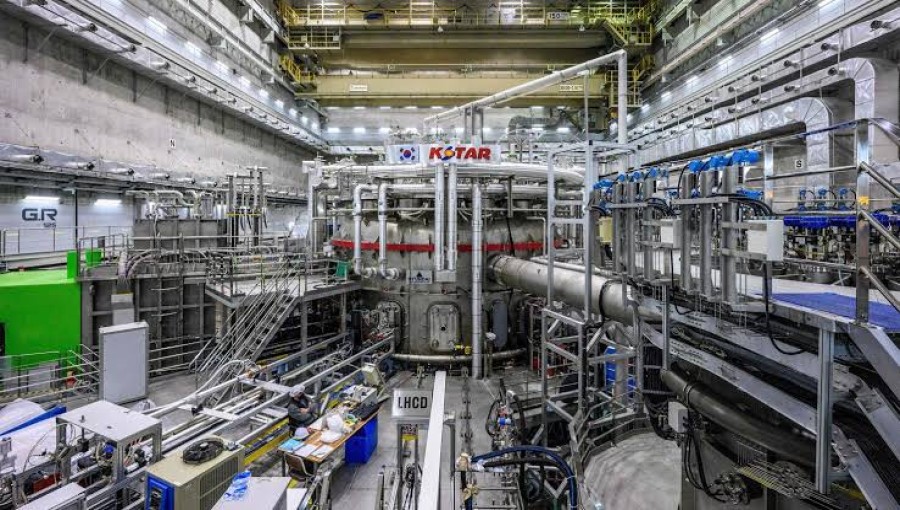In a groundbreaking achievement, South Korean nuclear scientists have set a new world record by achieving a temperature of 100 million degrees Celsius on Earth. The milestone was reached during experiments with fusion reaction reactors, often referred to as 'artificial suns', marking a significant leap forward in the realm of energy technology. The news was reported by US news media to CNN, shedding light on the remarkable feat accomplished by the South Korean scientific community.
While fusion reactors had previously achieved similar temperatures in 2021, the duration of these milestones was limited to a mere 30 seconds. However, in a series of tests conducted between December last year and February this year, scientists were able to sustain the 100 million degrees Celsius temperature for an impressive 48 seconds, marking a substantial advancement in fusion reactor capabilities.
The process of nuclear fusion, which mirrors the reactions occurring within the sun, holds immense potential for generating clean and abundant energy. Scientists believe that harnessing this technology could play a pivotal role in addressing climate change by providing an environmentally friendly source of energy.
Looking ahead, the ambitious goal set by South Korean scientists is to further elevate the maximum temperature to 100 million degrees Celsius and sustain it for a duration of 300 seconds, equivalent to 5 minutes, by the year 2026. This targeted milestone represents a significant step forward in the development of fusion reactor technology and holds promise for a sustainable energy future.
As the world grapples with the challenges of climate change and the transition towards renewable energy sources, breakthroughs like these offer hope for a cleaner and more sustainable tomorrow. The achievements of South Korean scientists underscore the importance of international collaboration and innovation in driving progress towards a greener and more prosperous world.






























Comment: